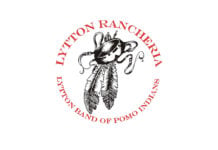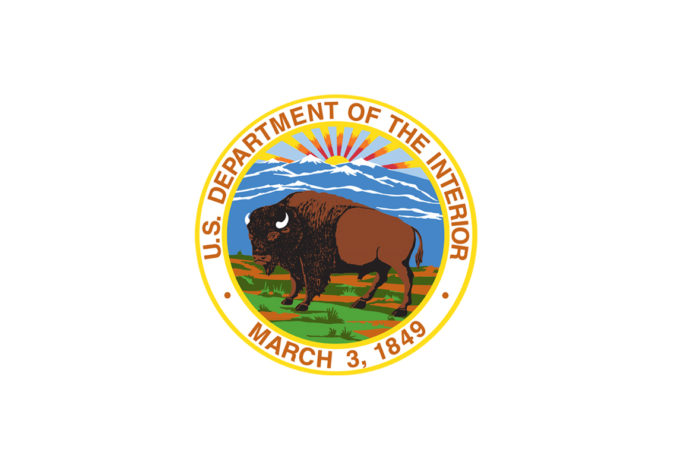WASHINGTON, D.C. – The Departments of the Interior and Agriculture announced a series of nation-to-nation consultations with federally recognized tribes and Alaska Natives on the Federal Subsistence Management Program. The program provides a preference for take of fish and wildlife resources for subsistence uses on federal public lands and waters in Alaska.
The consultations will address how climate change has affected subsistence and how federal agencies can better cooperate with Alaska Natives to promote subsistence harvest opportunities and protect habitat. Topics to be discussed also include how the state management regime affects implementation of the federal priority for rural residents, and how the Federal Subsistence Board and the Federal Subsistence Program be changed to better accommodate subsistence needs.
“Since time immemorial, Indigenous peoples in Alaska have relied on the land to feed their families and sustain their communities,” said Secretary of the Interior Deb Haaland. “As climate change continues to threaten our lands, waters, and ways of life, it is incumbent upon the federal government to support Alaska Native communities and ensure they have the resources they need to have sufficient subsistence harvest opportunities and to protect the surrounding habitat.”
“At the White House Tribal Nations Conference in November, I announced the Department of Agriculture’s commitment to Indigenous Food Sovereignty. An essential component of that initiative is our commitment to subsistence in Alaska,” said Agriculture Secretary Tom Vilsack. “We support Indigenous food systems as an important part of a fair, resilient, and climate-smart food systems. We are pleased to join the Department of the Interior on this important conversation about federal subsistence policies.”
The Biden-Harris administration has taken historic steps to fulfill federal trust and treaty responsibilities, support tribal communities, and bolster the government-to-government relationship. Recently, the Interior Department announced consultations on the Bipartisan Infrastructure Law. The law invests more than $13 billion directly in tribal communities across the country to bolster community resilience, replace aging infrastructure, expand access to clean drinking water and help ensure that everyone has access to high-speed internet.
In addition to a virtual listening session held on Jan. 10, the Departments will conduct formal consultations with tribes, tribal consortia, and Alaska Native organizations on Thursday, Jan. 20 and Friday, Jan. 21, and with Alaska Native regional and village corporations on Friday, Jan. 28.













































